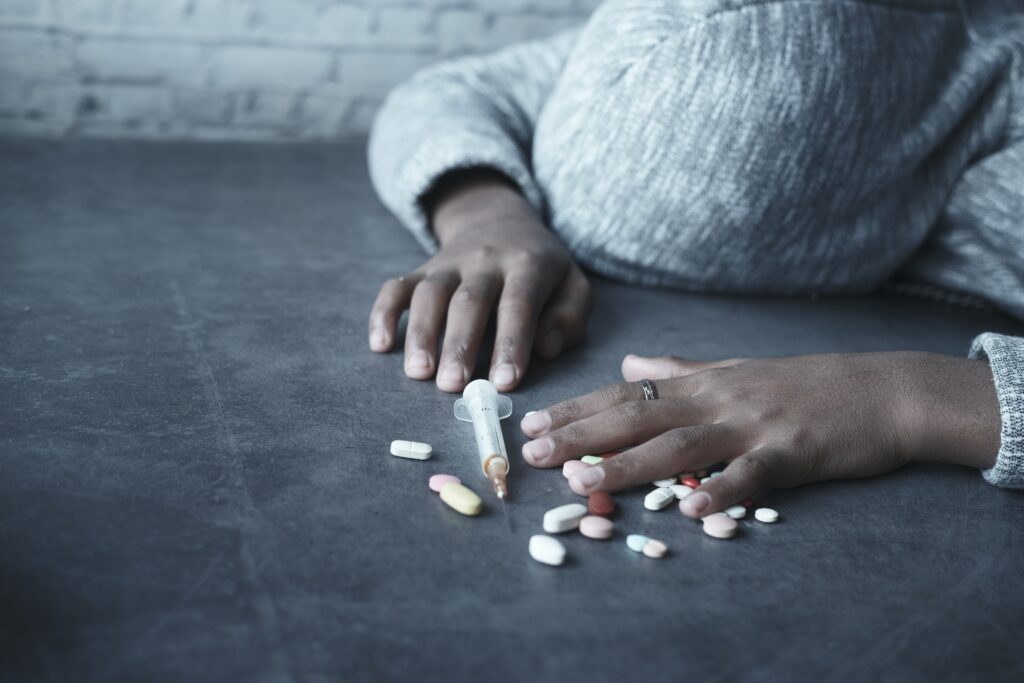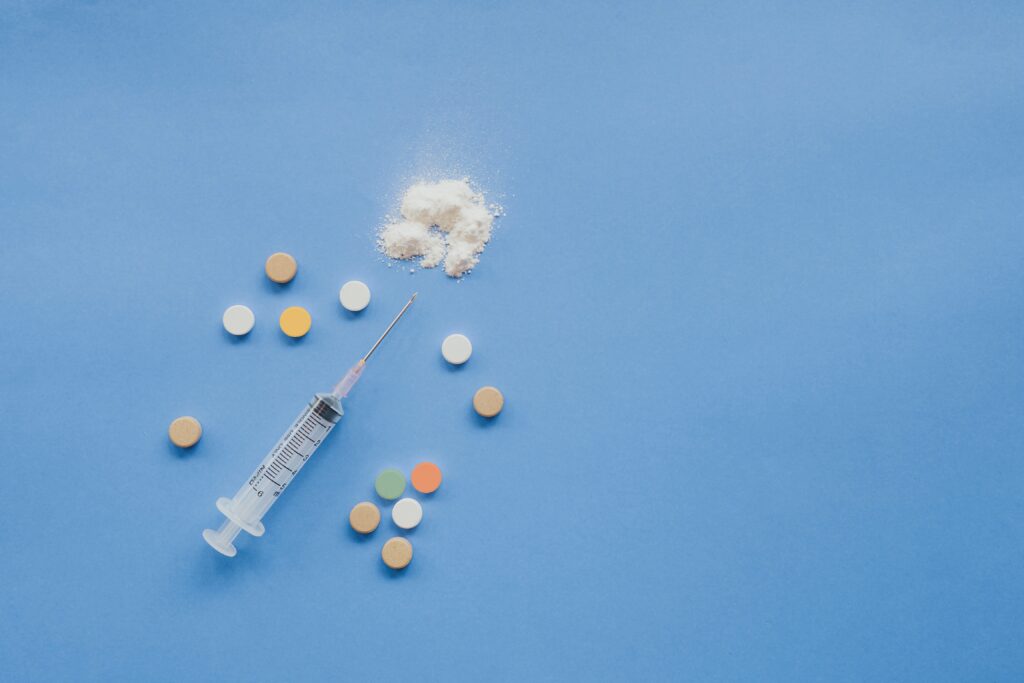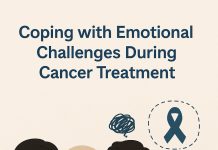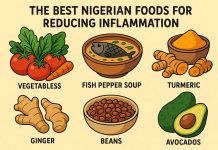Drug abuse, also called substance abuse is an illness that is characterized by a destructive patterned use of illegal or legal drug or medication. The condition affects the person’s brain and behaviour such that they are unable to control the use of the drug to the point that it interferes with their ability to function. The drug user consumes the substance in amounts or with methods that are harmful to themselves, or others.

Some of the most commonly used drugs are alcohol, cocaine, opioids, benzodiazepines, cannabis, barbiturates, amphetamine, hallucinogens, and club drugs. There are over 190 million drug users around the world and the problem keeps increasing at an alarming rate especially among young adults under the age of 30. Drug abuse can cause a long-term damage to the body and drug addicts who use needles are at a greater risk of having HIV, hepatitis B and C infections, and infective endocarditis.
People start to use drugs for so many reasons. Some start with the experimental use of recreational drug out of curiosity, to have a good time, or because friends are doing it. For others, drug abuse begins with exposure to prescribed medications from a friend or relative who has been prescribed the medications, particularly with opioids. Over time, you may need larger doses of the drug to get high and as drug use increases, it may get extremely difficult to live without the drug. An attempt to stop the drug may cause intense cravings as well as getting physically ill.

Causes of drug abuse
Each drug produces different physical effects on the brain. However, repeated use of the drug can alter the way in which the brain functions including the way the brain feels pleasure. The addicting drug use causes changes in your brain that interferes with the ability to think, control your behavior, and at the same time send intense impulses to take more drugs. It is because of these changes in the brain that it is so challenging for an addicted person to stop taking drugs.
Like many mental disorders, drug abuse has no single cause. Many factors may contribute to the development of drug addiction. The main factors are:
- Genetics
- Parental abuse
- Parental neglect
- Family beliefs
- Peer pressure
Some of the factors that may affect the likelihood and speed of developing a substance addiction may include:
- Psychological illness such as depression, anxiety, bipolar disorder, and personality disorder.
- Early use of drugs.
- Unstable home environment.
- Poor relationship with parents.
- Inadequate supervision over adolescent activities.
- Poor performance in school.

Symptoms of drug abuse
They include:
- A regular urge to use drugs daily or even several times a day.
- Recurrent substance use that prevents the user from meeting significant daily responsibilities at home, work or school.
- Recurrent drug use in physically dangerous situations.
- Withdrawal symptoms at every attempt to stop the drug.
- An unsuccessful trial of decreasing or controlling the use of the drug.
- Cutting back on social or recreational activities because of drug use.
- Continual use of the drug even though the person is aware of recurring physical or psychological problems caused or worsened by drug use.
- A need to maintain the supply of the drug.
- Spending more money on the drug even though one can’t afford it.
- Doing things one would not do such as stealing to get the drug.
Diagnosis of drug abuse
A thorough evaluation that includes an assessment by a psychiatrist or psychologist may be required for diagnosis. Blood, urine, or other laboratory tests are used in assessing drug use, but they do not serve as a diagnostic test for substance abuse.
Treatment of drug abuse
With the right treatment and support, it is possible to counteract the disruptive effects of drug use and regain control of one’s life. The primary goals of treatment are abstinence, relapse prevention, and rehabilitation. Treatment options may include detoxification, behavioural therapy, and chemical dependence treatment programs.
Supports from friends, family, doctor, support groups, or an organized treatment program may help to overcome one’s drug addiction and stay drug-free.
A word from HealthFacts to you
Drug abuse endangers both the user and other people around. Perhaps you have noticed any of the highlighted symptoms in you or your loved ones, ensure you seek professional help immediately.
Till next time, stay informed and stay healthy!
Suggested Reading: Why You Should Give Up Smoking










Woh I enjoy your blog posts, saved to my bookmarks! .
Marvelous, what a webpage it is! This web site provides helpful
information to us, keep it up.
I like this website very much so much wonderful information.
Yesterday, while I was at work, my cousin stole my iphone and tested to see if it can survive a thirty foot drop, just so she can be a youtube sensation. My apple ipad is now destroyed and she has 83 views. I know this is entirely off topic but I had to share it with someone!
Appreciate it for this grand post, I am glad I discovered this internet site on yahoo.
I don’t unremarkably comment but I gotta say regards for the post on this special one : D.
obviously like your website however you need to check the spelling on several of your posts. A number of them are rife with spelling issues and I find it very bothersome to inform the truth nevertheless I will certainly come again again.
It?¦s really a nice and helpful piece of information. I?¦m happy that you shared this useful information with us. Please keep us informed like this. Thank you for sharing.